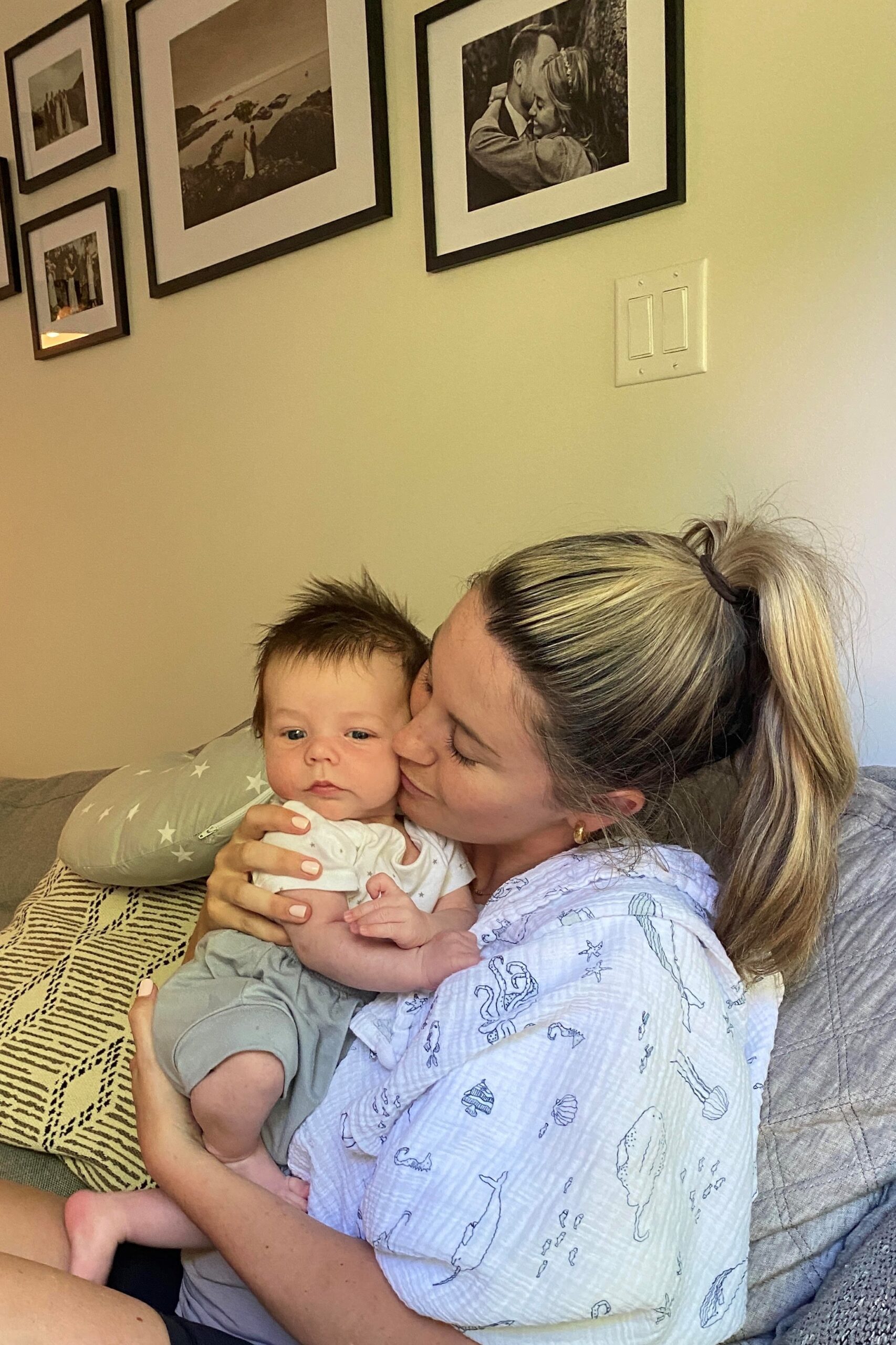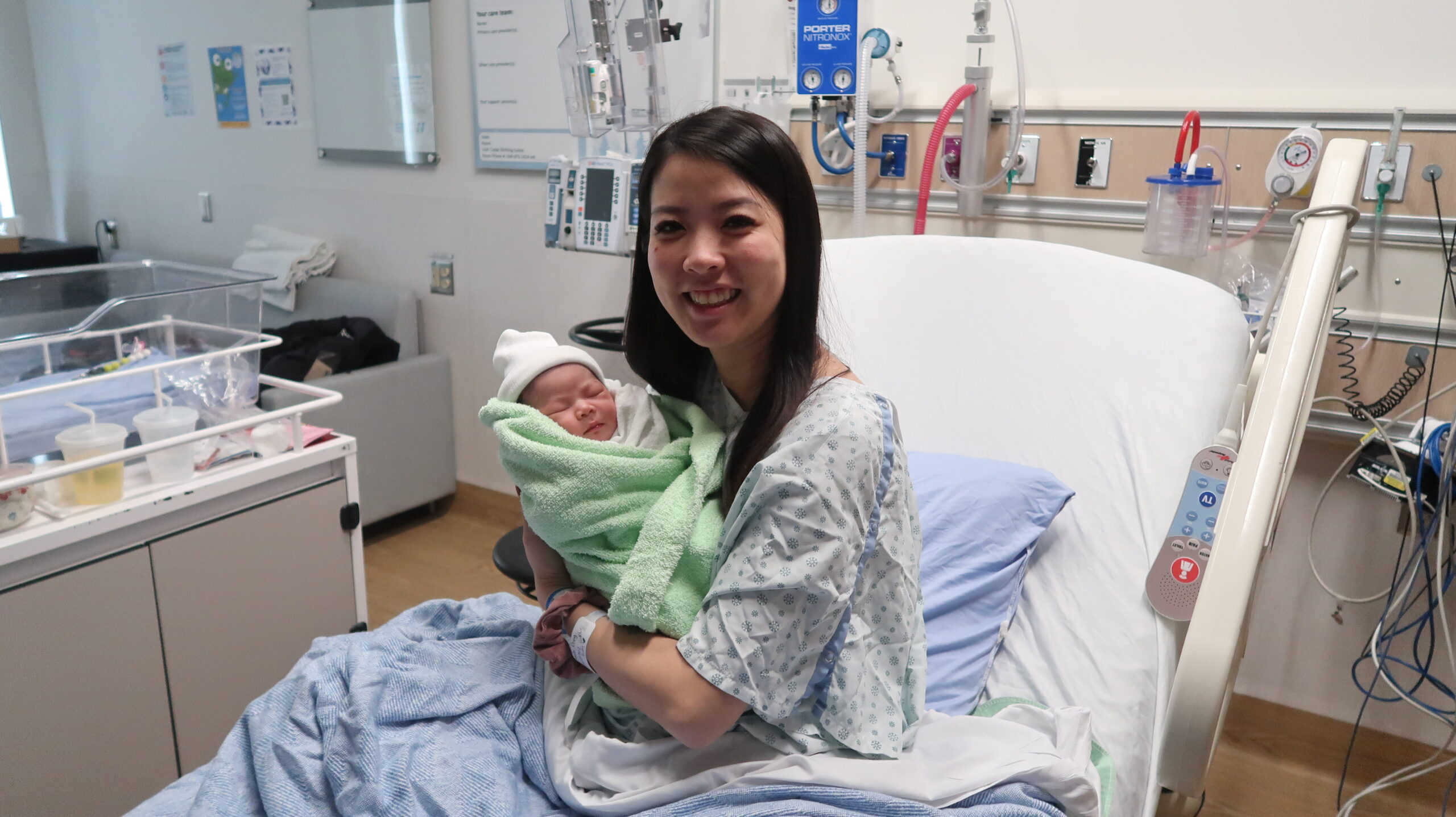
This week, Canada is celebrating Gender Equality Week and the strides that have been made towards a vision of a gender equal society. Gender equality doesn’t just advance the well-being of women, but benefits people of all genders through peace and security, economic prosperity, health, and happiness.
In Canada, we’re lucky to have universal healthcare, but there are some startling facts that reveal how women aren’t always accessing the highest quality healthcare. Prior to the 1990s, women were not included in most medical research studies. Women are more likely to report severe and long-lasting pain, but are typically treated less aggressively than men and their pain is often dismissed as psychological or psychosocial. 270,000 women worldwide die from cervical cancer annually despite it being an entirely preventable disease.
As the BC Women’s Health Foundation, our vision is healthy women everywhere, capable of anything. Here are the reasons why health equity should matter to everyone.
As girls approach adolescence, their early advantages become overshadowed.
Girls starting school are more likely than boys to do well in reading, writing, and forming friendships. Yet as girls approach adolescence, their early advantage is overshadowed by high rates of sexual assault and other violence, a sharp decline in mental health and confidence, and negative stereotyping and sexualization.

75 cents is the average amount earned by full-time working women in Canada for every dollar earned by men.
This wage gap widens for women who are Indigenous, differently abled , racialized, or newcomers. If equal pay were achieved, it would cut working women’s poverty levels in half.

Nearly 50% of all pregnancies in Canada are unintended.
This can drastically impact a woman’s mental and physical well-being, educational achievements, and economic potential, as well as the outcomes of her children.

Approximately 80% of lone parent households are led by women.
21% of single mothers raise their children in poverty. Poverty is one of the strongest indicators of poor health.

67% of Canadians know at least one woman who has experienced physical or sexual abuse.
In Canada, half of all women have experienced at least one incident of physical or sexual violence since the age of 16. But less than 5 percent report to the police. So we know that these numbers are likely much, much higher.

The mental health consequences of abuse can make it difficult for women to leave a relationship.
64% of women that have experienced domestic violence exhibit symptoms of post-traumatic stress disorder (PTSD).

Women exposed to intimate partner violence are more likely to experience depression, and more likely to acquire HIV and STIs.
Women exposed to intimate partner violence are: twice as likely to experience depression, 1.5 times more likely to acquire HIV, 1.5 times more likely to contract sexually transmitted infections.

Indigenous women are 2.5 times more likely to be victims of violence.
They are also 6 times more likely to be killed than non-Indigenous women. This is based on research, but the numbers are likely much higher.

Women live longer than men, but female longevity is associated with a greater lifetime risk of functional disability and chronic illnesses.
This includes cancer, cardiovascular disease, dementia, and the need for long-term care.

In heterosexual relationships, a woman typically cares for her husband at the end of his life, and then goes on without the same intensive personal care.
On average, a woman cares for her spouse for five years at the end of her husband’s life and then goes on to live an average of eight years without the same type of intensive personal care.




